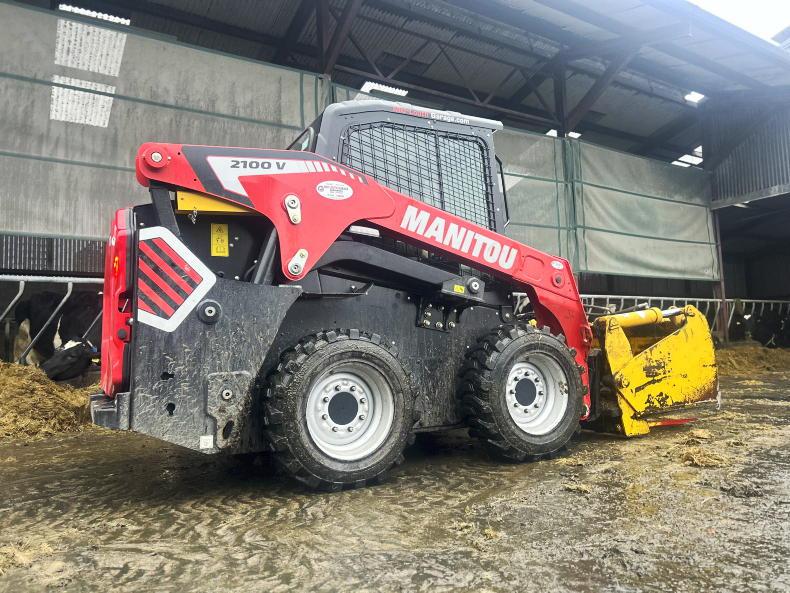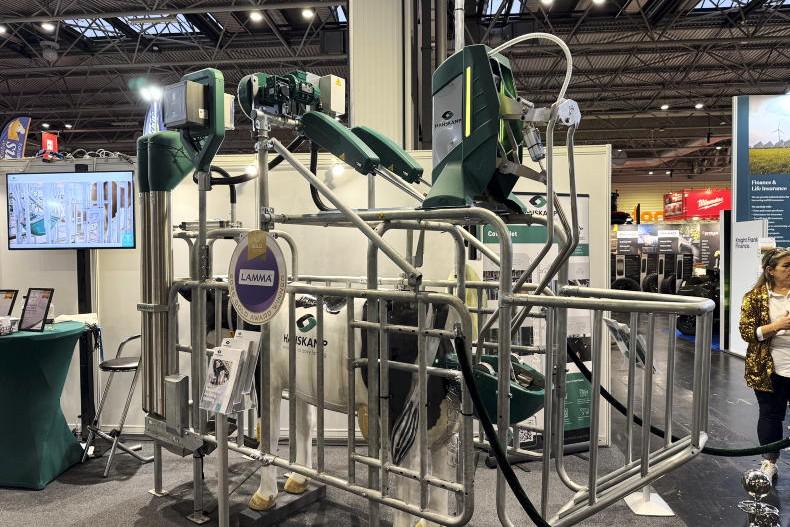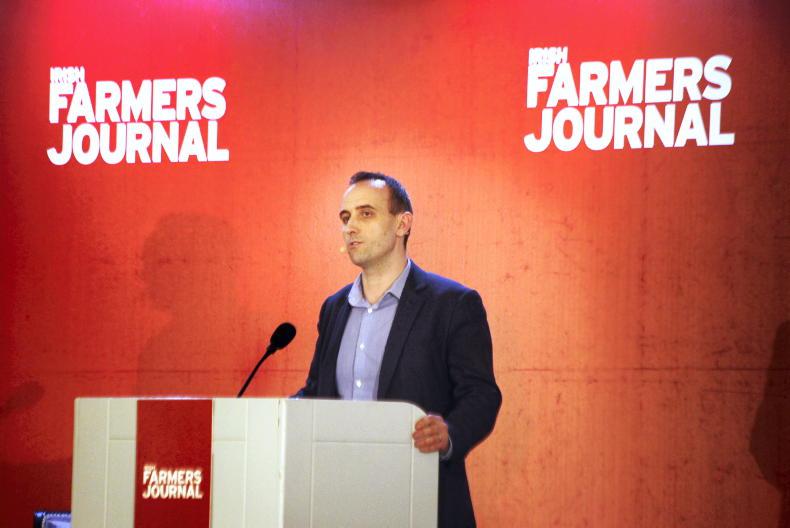Michael Porter, the renowned economist and Harvard professor, maintains that a nation’s prosperity is created, not inherited.
He also asserts that its prosperity does not grow out of a country’s natural endowments, its labour pool, its interest rates, or its currency’s value. He believes a nation’s competitiveness depends on the capacity of its industry to innovate and upgrade.
He states that companies gain advantage against the world’s best competitors because of pressure and challenge.
They benefit from having strong domestic rivals, aggressive home-based suppliers, and demanding local customers.
In a world of increasingly global competition, particularly in the agriculture sector, it would appear that nations themselves have become more and not less important.
Porter believes competitive advantage is created and sustained through a highly localised process. Differences in national values, culture, economic structures, institutions and histories all contribute to competitive success.
Dynamic
But no nation can be competitive in every industry. Ultimately, Porter believes that nations succeed in particular industries because their home environment is the most forward-looking, dynamic and challenging.
Many economists believe labour costs, interest rates, exchange rates, and economies of scale are the strongest determinants of competitiveness. However, more recently there is an increasing belief that competitiveness is driven by government policy that targets protection, import promotion and subsidies. The results of this year’s Irish Farmers Journal/KPMG survey would agree with this theory.
Nations succeed in particular industries because their home environment is the most forward-looking, dynamic and challenging
Companies are pressing for more government support for their particular sectors. From an agribusiness point of view, the words of the day are merger, alliance, strategic partnerships, collaboration and supranational globalisation.
Companies must also relentlessly drive to improve productivity in existing industries by raising product quality, adding desirable features, improving product technology, or boosting production efficiency.
Porter concludes that companies can only achieve competitive advantage through acts of innovation in the broadest sense. This includes adapting new technologies and new ways of doing things. Innovation can be manifested in a new product design, a new production process, a new marketing approach, or a new way of conducting training.
So, in conclusion, it is really only the businesses involved in the sector (whether they are co-ops or privately owned companies) that can achieve and sustain competitive advantage. They must also recognise that innovation grows out of pressure and challenge.
Leadership
This brings us to leadership. Today’s competitive realities demand strong leadership. It takes leadership to create a dynamic, challenging environment.
Leaders believe in change and they energise people in their organisations to innovate continuously. But perhaps more importantly leaders recognise the need for pressure and challenge.
What this translates into, is that leaders of the industry in Ireland – the CEOs and chairs of our agribusinesses – need to be prepared to sacrifice the easy life for difficulty and, ultimately, sustained competitive advantage. Farmers play an important role as leaders in our co-ops. They too can be leaders, pushing and calling for change – not just once, but continuously.
That must be the goal. Survival is not enough. This is the way the industry can together achieve international competitiveness.










SHARING OPTIONS